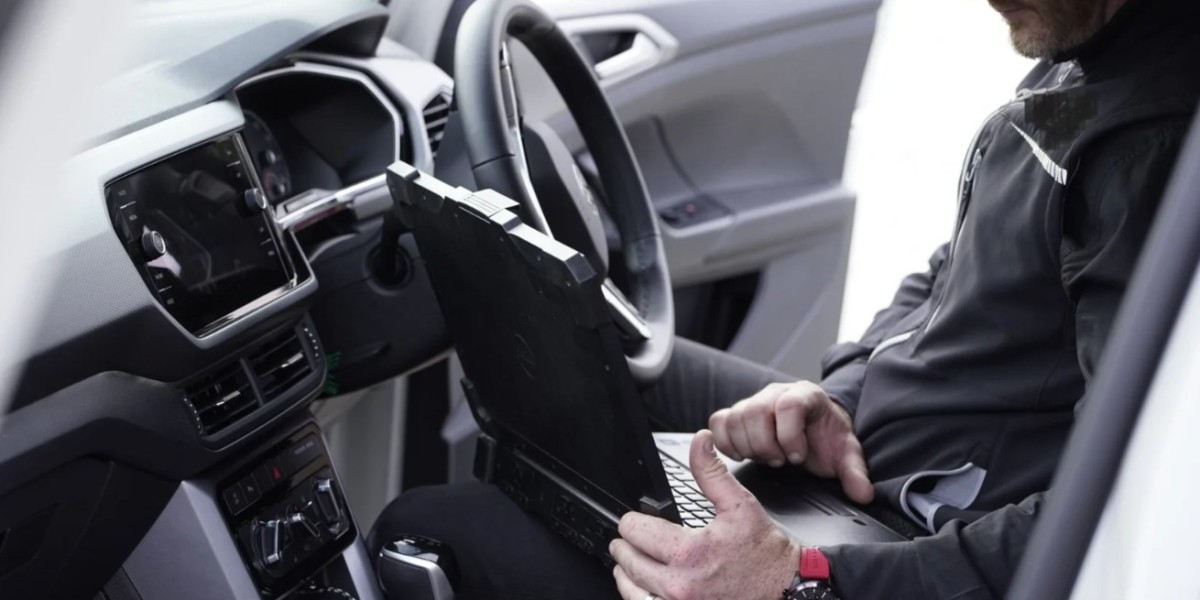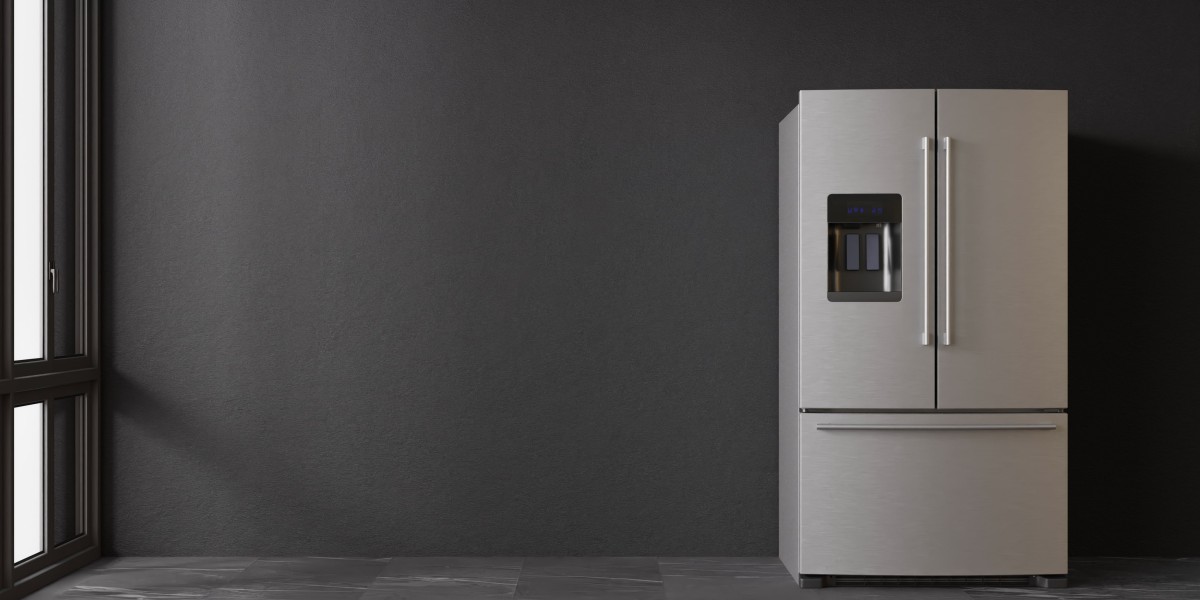 Why Landlords Should Keep Their Gas Safety Certificates Up to Date
Why Landlords Should Keep Their Gas Safety Certificates Up to DateLandlords need to ensure that all gas appliances are safe and comply with the rules. Failure to adhere could lead to fines and could compromise the security of tenants.
CP12 is an abbreviation of CORGI Proforma 12. Also called a Gas Safety Certificate, or Landlord's Gas Safety Records.
It is an obligation of law to have your gas pipes, appliances and flues tested annually. However, some landlords are unable to gain access to their properties and are forced to reduce their inspection time.
It's a legal requirement
Whether you're a landlord with one property or a portfolio of rental properties, it's crucial to keep your gas safety certificates current. Failure to do so could result in a fine or even prosecution. It is also important to have your gas appliances inspected and to display a valid certificate in every home.
The gas safety certificate contains details such as the date of inspection, the address of the property which was inspected, information about every appliance, their current status and the name and ID number of the engineer that conducted the survey. It also identifies appliances that are deemed to be unsafe for use' and suggests ways to eliminate the issue. The engineer will issue an "ID code" if they find any appliances that aren't suitable for. If an appliance is considered to be at risk but not immediately dangerous it will receive a "AR" code.
Tenants may refuse to allow access to a safety inspection. This could cause issues in the relationship between tenants and landlords. Gas Safety (Installation and Use) Regulations of 1988 oblige landlords to take all reasonable measures to ensure compliance. This includes repeatedly trying to perform the checks, and informing the tenant that this is a requirement for their safety. It's a good idea also to include access arrangements in the tenancy contract.
Landlords must also display a copy of their gas safety certificate at every property. This will prevent tenants from moving into properties with unsafe gas appliances, and will allow prospective tenants to see the record of safety checks. Additionally the gas safety certificate will help to build reputation as an honest and professional landlord, which will attract more tenants.
A Gas Safe registered Engineer will not only make sure that your gas equipment is safe however, a service contract can also save you time and money in the long term. For instance, many gas companies offer a reduced price on annual Gas Safety Certificates. You need to shop for the most affordable price.
It's a good idea.
As a landlord, it's your responsibility to ensure that any gas appliances on your property are safe. Regular inspections conducted by a qualified Gas Safe engineer are the best way to identify and correct any issues before they become more serious and dangerous for tenants. In addition, regular inspections can help to keep gas boilers and other equipment in good condition, so they're more likely to last longer.
Landlords must have an Gas Safety Certificate valid for each gas appliance within their home. These certificates are required by law and landlords who do not possess them face massive fines or may find their appliances unsafe for tenants to use. It's easy to obtain a Gas Safety Certificate by hiring an engineer and scheduling an appointment.
Gas Safety Regulations require a minimum of a once-a-year gas inspection. However it is recommended to conduct more frequent inspections when you've abandoned your home for a prolonged period. This is because appliances could be tampered with or the Gas Safety Certificate Landlord supply might have been turned off while the property was empty.
When you decide to let your home, it is essential to have an up-to-date gas safety certificate before you can hand over the keys to new tenants. Re-inspections are also required if the old appliances have been taken by tenants or if any work has been carried out on the gas system since your last inspection.
Before you conduct any inspection it's recommended to talk to your tenant and ask them to give access to the property. If they do not agree then you can write an explanation in a letter of the reason for access and the steps involved in the gas safety inspection. If they don't want to go through the process, you can begin the eviction procedure with the section-21 notice.
Gas safety is your number one priority. You must carry a Gas Safety Certificate on all of your gas appliances. If you don't, you could risk losing your deposit to rent and possibly facing legal action from the local council or the Health and Safety Executive. It's a good idea to avoid this, to get your Gas Safety Certificate updated and to have an annual check by an Gas Safe engineer.
It's a pain
When it concerns gas safety for landlords inspections There are many who aren't satisfied with the situation. It's not just a legal requirement, however, it makes sense to make sure tenants are using appliances which have been checked by professionals. If something goes wrong, it could lead to a gas-hazard scenario that could be catastrophic for anyone who lives in or within the building.
Some tenants, however do not want to be inspected. This is reasonable. They might think it's an infringement of their privacy or believe that the inspection could be an attempt to spy on their activities or habits. Landlords should keep in mind that they have a legal obligation to conduct these inspections and only do this when tenants permit access to their homes.
 It can be difficult for landlords to to deal with tenants who are resistant particularly if they own multiple properties. It is important for landlords to remember that when their gas safety certificate is not obtained, they could be fined a lot, and tenants may not be allowed to move into the house until the issue is resolved.
It can be difficult for landlords to to deal with tenants who are resistant particularly if they own multiple properties. It is important for landlords to remember that when their gas safety certificate is not obtained, they could be fined a lot, and tenants may not be allowed to move into the house until the issue is resolved.Keep copies of the gas certificate for your landlord in case you have to ever repossess the property. If the previous tenants don't have a copy the certificate, they might not be able prove that the inspections were conducted correctly. It's worth having an evidence in case.
If a landlord doesn't give their tenants a copy of the gas safety certificate within 28 days of conducting an inspection, they can be accused of trespassing by the Health and Safety Executive (HSE). If you're a tenant, it's recommended to ask your landlord for a copy as soon as possible.
Landlords are required to keep their Gas Safe certificates current and share copies with their tenants. Gas Safe offers them online in a simple and fast procedure. The certificate is not costly - depending on where you are and how many appliances are tested, it ranges between PS50 and PS90.
It's not expensive
Most people don't think of gas security checks when you think about the cost of renting a home. This is a legal requirement and should not be ignored. This will ensure that your tenants are safe, and you can provide a valid certificate if any issues occur. Additionally, it will help you avoid costly repairs in the future.
It is also important to remember that landlords are required to keep their plumbing, appliances and flues in good shape. Regular maintenance will help prevent carbon monoxide poisoning, which is serious health risk. It can be caused by defective gas boilers, cookers and fires. Carbon monoxide is a colourless gas that is tasteless, odourless and tasteless that can't be detected without specialized equipment. Carbon monoxide detectors must be installed in every home, and they should be checked regularly. Gas appliances should also be checked.
The cost of the gas safety checks for landlords can vary slightly from engineer to engineer. However, you'll usually find a competitive price online by entering your postcode and then comparing quotes. It's also worth asking for discounts if you own multiple properties that need to be checked. Some engineers offer discounts when you bundle inspections.
The location of your property is another factor that could influence the cost of a safety check. Landlords in metropolitan areas such as London are likely to pay more than those in less affluent or remote regions.
Landlords should be aware that tenants might not allow access to conduct a verification. This is usually due to tenants' fear of intruding of privacy or suspicion of snooping. A carefully worded note explaining your motives for gaining access to their home will convince them to allow you access.
If the tenant does not allow the inspection, the landlord can take actions. This includes giving an Section 21 notice, but the court will decide if this is reasonable. The best option for the landlord is to speak with the tenant and explain to them why it is necessary to conduct the gas safety inspection.








